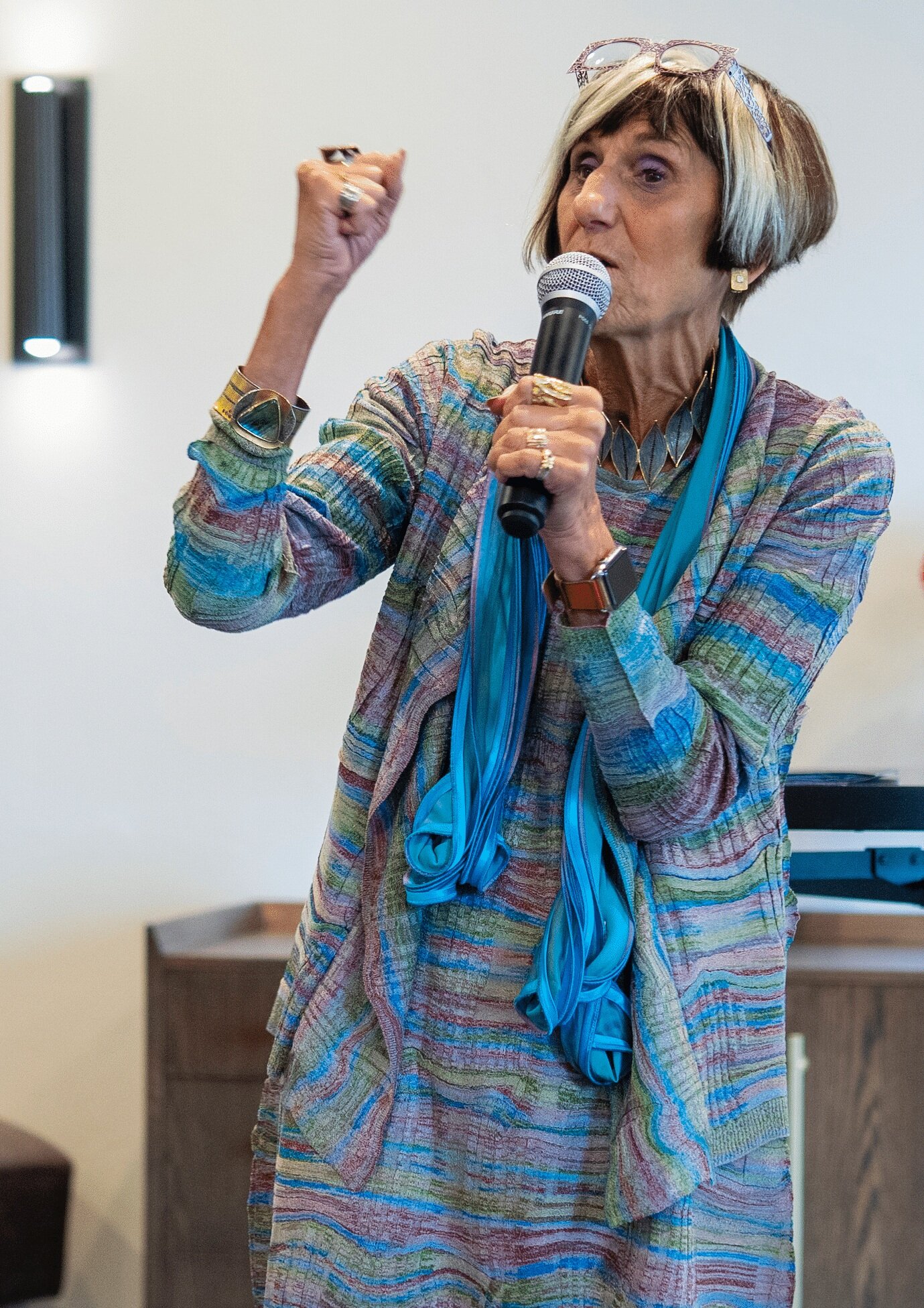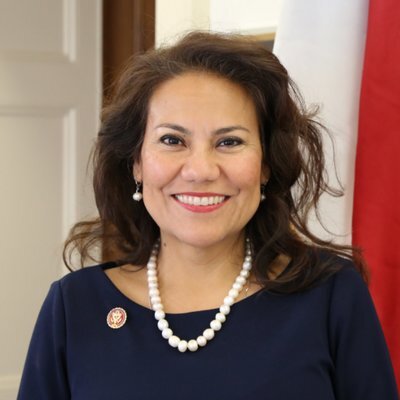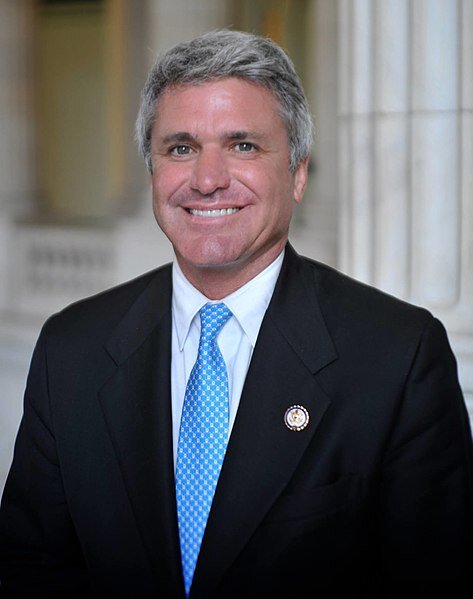DeLauro, Mace Lead Bipartisan Effort to End Mink Factory Farms Threatening to Extend COVID-19 Pandemic
July 1, 2021 | Press Release
Bill Comes as Alarming Research Shows Potential for Mink Factory Farms to Spur New COVID-19 Variants
WASHINGTON, D.C. — House Appropriations Committee Chair Rosa DeLauro (D-CT-03) and Congresswoman Nancy Mace (R-SC-01) today introduced the Minks in Narrowly Kept Spaces Are Superspreaders Act (MINKS Act), legislation to end mink factory farming following recent research from Animal Wellness Action which highlights the unique risk of mink operations in spreading new COVID-19 variants. Original cosponsors of the bill include Representatives Peter DeFazio (D-OR-04), Michael McCaul (R-TX-10), Veronica Escobar (D-TX-16), Lance Gooden (R-TX-05), Raúl Grijalva (D-AZ-03), Claudia Tenney (R-NY-22), Jan Schakowsky (D-IL-09), and David Valadao (R-CA-21).
“The factory farming of mink threatens public health, especially as we continue fighting against the COVID-19 pandemic,” said Congresswoman DeLauro. “The evidence is clear: mink operations can incubate and spread new COVID-19 variants and pose a unique threat of extending the pandemic. At the same time, with virtually no domestic market, the U.S. mink industry has been in steady decline for years. Now is the time for this legislation to become law, and I am urging all of my colleagues to support this bipartisan effort.”
“The farming of Mink used for fur production is inhumane,” said Congresswoman Mace. “This practice is not only an animal welfare concern, but a public health one too. America has suffered enough throughout this pandemic, and there is no need to continue an abusive animal practice that puts American’s health at risk through the mink’s high susceptibility to COVID-19.”
“For decades, wild animals like minks have been held captive and confined in cages for fur production,” said Congresswoman Escobar. “Not only does this cruel practice cause animals to suffer, but it also creates immense human health concerns as science has shown that minks are highly susceptible to COVID-19 and put fur workers at risk. I’m proud to join Congresswoman DeLauro in introducing the MINKS Act to put an end to animal cruelty and regulate the fur industry.”
“Preventing zoonotic diseases from spreading within our country is vital to protect the health and safety of the American public,” said Congressman McCaul. “The MINKS Act will not only ensure we stop spreads of SARS-like viruses, but also stop the inhumane practices of mink farms.”
“If COVID-19 spreads from farmed mink into the large wild and feral mink populations across the northern hemisphere, humans may be cursed with COVID-19 risk forever,” said Founder of the Michelson Center for Public Policy Gary Michelson, M.D.
“SARS-CoV-2 likely got its launch at a live-wildlife market in China even after warning from animal welfare advocates and infectious disease specialists that these commercial trading posts could spawn the next epidemic or pandemic,” said President of Animal Wellness Action Wayne Pacelle. “We know that mink are the only non-human animals who are bilateral transmitters of COVID-19, and yet we continue to house them on factory farms to generate a luxury product that few people want or need.”
The mink fur market has shrunk in recent years as major fashion companies have transitioned away from animal furs. The industry currently supplies the majority of its products to China’s luxury goods market. Mink, a semi-aquatic species, pose a unique COVID-19 threat due to their susceptibility to respiratory disease. There have been mink factory farm COVID-19 outbreaks in the United States and across Europe, leading a number of countries to end mink factory farming.
The MINKS Act amends the Lacey Act to prevent the sale, possession, or transportation of captive American mink and their pelts. It includes important exceptions for research, zoos, and the trade of wild mink, which differ physically from captive mink.
The MINKS Act is supported by a broad group of experts and organizations, including the Michelson Center for Public Policy, Animal Wellness Action, Animal Wellness Foundation, Center for a Humane Economy, and SPCA International.
# # #
“




